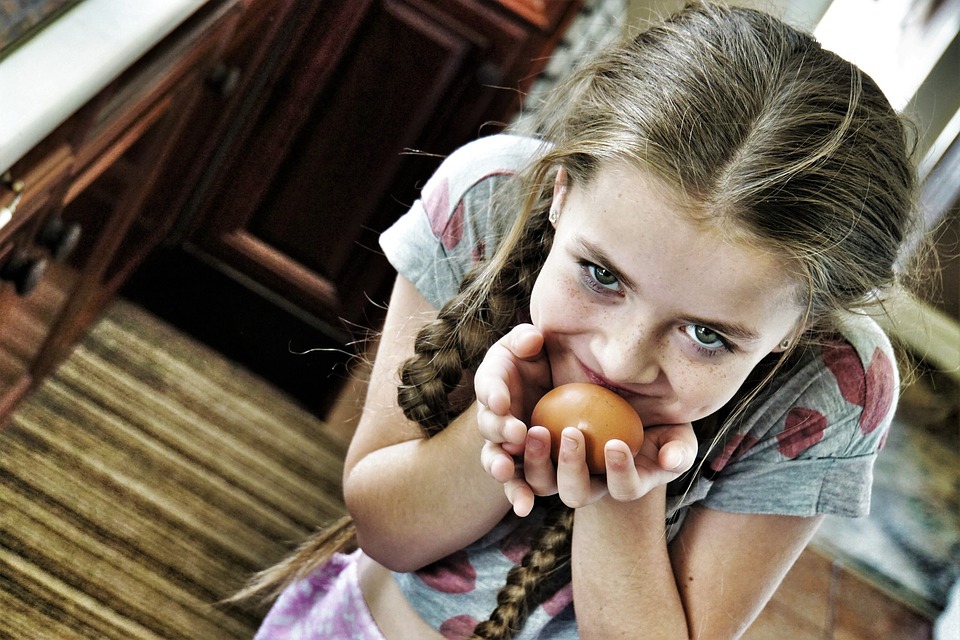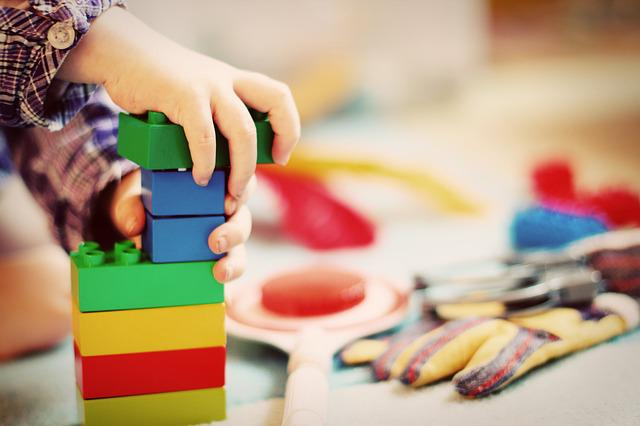
Everything You Need To Know About Child Development
Child development refers to the changes a growing child experiences from birth to early adulthood. At first, children are highly dependent on us as babies and toddlers. As the child grows into adulthood, they eventually develop skills needed to live independently.
There’s more to child development than meets the eye. Learning about this topic will enable you to be a better role model who can assist them in their development. A developing child needs the right nurturing environment to grow. Our role as parents is monumental for them to grow into healthy children, especially during their early years.
Different Areas of Child Development
There are many aspects of child development. Both parent and child have to work on each one to foster the child’s learning and development. These include:
- Cognition, or the ability to learn and solve problems
- Social skills and emotional development
- Effective communication using speech and language
- Physical skills
- Sensory awareness
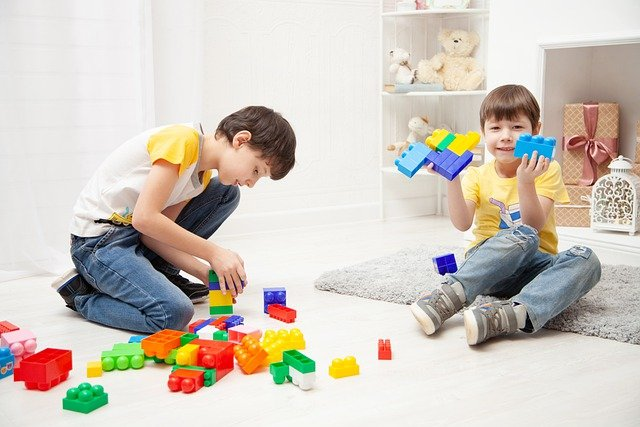
Developmental Milestones
It can be challenging to ensure that your child is undergoing proper child development. You can use the developmental milestones to keep track of the different areas of child development and assess your child’s growth.
Developmental milestones list down the necessary skills the child should already have depending on their age. Parents can use these as a guide. However, do note that even if children typically reach each milestone after roughly the same time, each child must be allowed to grow at their own pace.
Each child is unique and different, so each one’s experience in development will also be unique. Some children might gain certain skills at earlier or later ages compared to other children. A good example would be how children learn to stand first, followed by walking. This particular development in infants might occur sometime between eight to eighteen months old. Development is a continuous process. Don’t worry; it’s normal for children to develop at different ages.
The developmental milestones correspond to the age range where the child should have already learned or is still mastering the skills. This checklist of skills is helpful for parents to gauge if there might be areas the child is lacking in development. A parent should identify and treat any issues impeding early childhood development. These problems can cause developmental delay, leading to more serious and damaging effects on the child in the long run if not prevented.
Check the following sections for the skills and traits your child should have when they reach a certain age. The developmental milestones below are for children younger than eight years old:
0 to 3 Months
Right after birth, infants develop quickly in their first three months. Around this time, they should be able to do the following:
- Their eyes follow movement, people, and bright objects
- Smile and let out gurgle and cooing sounds
- Try to reach their hands and feet and lift their head when lying in a prone position
4 to 6 Months
During this time, the baby will try to explore their surroundings more. They will try to interact with people and objects more intentionally compared to the first few months. Expect your baby to be able to:
- Laugh and repeat the sounds around them
- Learn and explore their hands and feet
- Make plenty of movement by bouncing, rolling over, and sitting upright on a couch or high chair
- Hold objects without their thumb and put these things in their mouth. Keep the child away from small and harmful objects for their safety.
7 to 12 Months
The baby will start moving about more, trying to stand and crawling around. They will try to carry their weight while standing, supported by nearby furniture. The child will be able to do these things:
- Take their first steps and try walking more
- Say their first words, including the names of their parents and words they hear often, and progress to children’s songs
- Interact with objects more by banging or shaking them but also find their toys and put them in containers
1 to 2 Years
During the first year, they will begin to communicate more with their parent and the people around them. Expect them to:
- Talk more and read books, in which they’ll put a lot of scribbles on
- Walk, run, go up the stairs and play games
- Try to eat with a spoon and fork
- Able to develop confidence from solving simple problems and making friends
2 to 3 1/2 Years
At this age, the child begins to cultivate their personality and sense of individuality. They’ll explore around the house more and experience emotional development. The child is expected to:
- Attempt to learn new things and gain more vocabulary from their surroundings
- Move about by running more
- Try to act independently by brushing their teeth and washing their hands and face, but may also experience frustration from time to time
- Draw a circle, name colors, and put their shirt on
3 1/2 to 5 Years
The child will experience emotional development as they interact with their peers at school. After learning how to follow simple directions, they’ll engage with household chores believing that they’re making a big difference. The child will be able to:
- Gain longer attention span but might act unruly and use improper language at times
- Ask lots of questions about their environment
- Feel competitive against peers during play but try to practice sharing with friends
5 to 8 Years
At this age, the child’s life enters the phase called “middle childhood.” The developing child becomes aware of the world through their relationships with family, teachers, and other children. Their sense of confidence grows even more, and you’ll notice them to:
- Have curiosity which drives them into learning more about how the world works and simple concepts such as the alphabet, numbers, and reading and writing
- Build coping skills, such as saying what they feel or sometimes crying when triggered by their emotions
- Become confident by engaging in grown-up activities and playing with other children, enhancing their physical skills
The Science of Child Development
Gaining knowledge of the science behind child development can help improve our child-rearing techniques and practices.
Child Development in the Early Years Is Crucial But Not Absolute
If the child has negative experiences as a baby or toddler, it can have lasting damaging effects on their brain development. These can be poor learning and degraded physical and mental health.
However, this is not to say that child’s development will stop altogether due to early years of neglect. Basic and advanced brain development begins and is critical during the early stages, but a child’s development continues even after the child reaches three. Parents and caregivers can ensure that the child grows healthy, reversing the possibly damaging early experiences the child may have.
Development Is Not All About Genetics
Genetics and the environment play a role in human development. Exposing the child to healthy habits early on leads to them learning skills related to focusing, remembering information, and keeping their impulses in check. There is still time to change and improve on the genes passed down from parents by creating an environment that prioritizes the child’s health and well-being.
Don’t Overlook Severe Neglect and How to Recover From its Negative Effects
It is a common belief that physical maltreatment while still young can significantly negatively impact children’s development. However, studies conducted by Harvard University show that severe neglect might pose an even greater risk to a child’s development than physical harm, which is an important issue not often discussed. Early relationships in which toddlers don’t receive the care and support they need may lead to debilitating life consequences.
It is not enough to take the child away from its harmful surroundings to resolve the problem. After removing them from harm, it’s vital to provide immediate care and treatment from the child’s doctor. We must help them develop a sense of safety and security to recuperate effectively.
Relationships Within and Outside the Family Are Necessary
The best way to ensure that our children develop as they should is by surrounding them with family and other loved ones who’ll provide them with nourishing relationships. Other adults beyond the family can also be good examples to the young ones. Research says that having at least one of these significant relationships can help shape their adaptive behaviors.
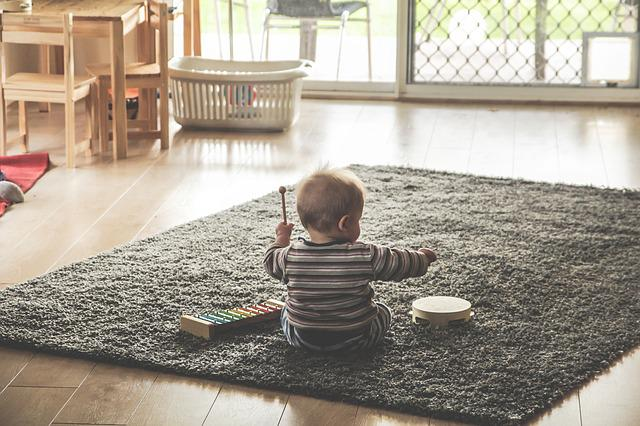
Developmental Delay and Professional Help
If you think your child is lagging behind their peers, they might be experiencing delays in their development. There are many factors affecting developmental delay in children:
- Genetic factors
- Prenatal care
- Pre-existing illnesses
- Access to resources for their holistic development
If you notice a developmental delay in your child, go to a doctor to diagnose your child’s development problems. They will then refer the specific health professional who can cater to your child’s needs, such as a speech therapist, occupational therapist, or psychologist. Parents must take a holistic and multi-disciplinary approach to improve the child’s learning and development, so consulting professionals from different fields might be helpful.
It’s essential to bring children back on track to their developmental milestones. You and your child must resolve any developmental concerns to lessen the problems they might have as they grow up. Early childhood development is critical for the child to build their confidence in themselves and grow healthy.
Positive Parenting
Attempting to achieve a healthy development in our children is no easy feat, but there are many ways we can improve our parenting to ensure that we cater to the child’s essential needs. One highly effective approach is positive parenting. You can support your children using the following methods, which are scientifically proven to result in healthy development:
- Be sensitive when talking to your children so they can warm up to you
- Set ground rules in the house and enjoy routines with them like play
- Prioritize their health and safety always but also discipline their behavior when needed without being aggressive
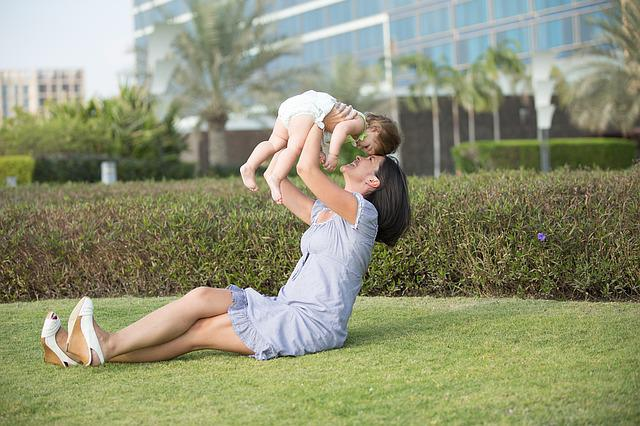
Final Thoughts
As we care for our babies and toddlers, we should be aware and gain more knowledge about their healthy development. Each child has their own pace as they’re developing, but we can use developmental milestones to inform our expectations of what’s average depending on our child’s age. Healthy development is critical to let your child grow in different areas of life. If you’d like to know about the do’s and don’ts of parenting as our child goes through each milestone, check out our comprehensive article here.
Disclaimer: The information on this site is not intended or implied to be a substitute for professional medical advice, diagnosis, or treatment. All content, including text, graphics, images, and information, contained on or available through this website is for general information purposes only. Please see a medical professional if you need help with depression, illness, or have any concerns whatsoever. WE DO NOT OFFER MEDICAL ADVICE, COURSE OF TREATMENT, DIAGNOSIS, OR ANY OTHER OPINION on your conditions or treatment options. SERVICES OR PRODUCTS THAT YOU OBTAIN THROUGH THIS WEBSITE are for information purposes only and not offered as medical or psychological advice, guidance, or treatment.
We also use some affiliate links in this blog to help support the continuous production of wholesome parenting content such as this. 🙂 Feel free to use them to show your support.
Frequently Asked Questions (FAQs)

